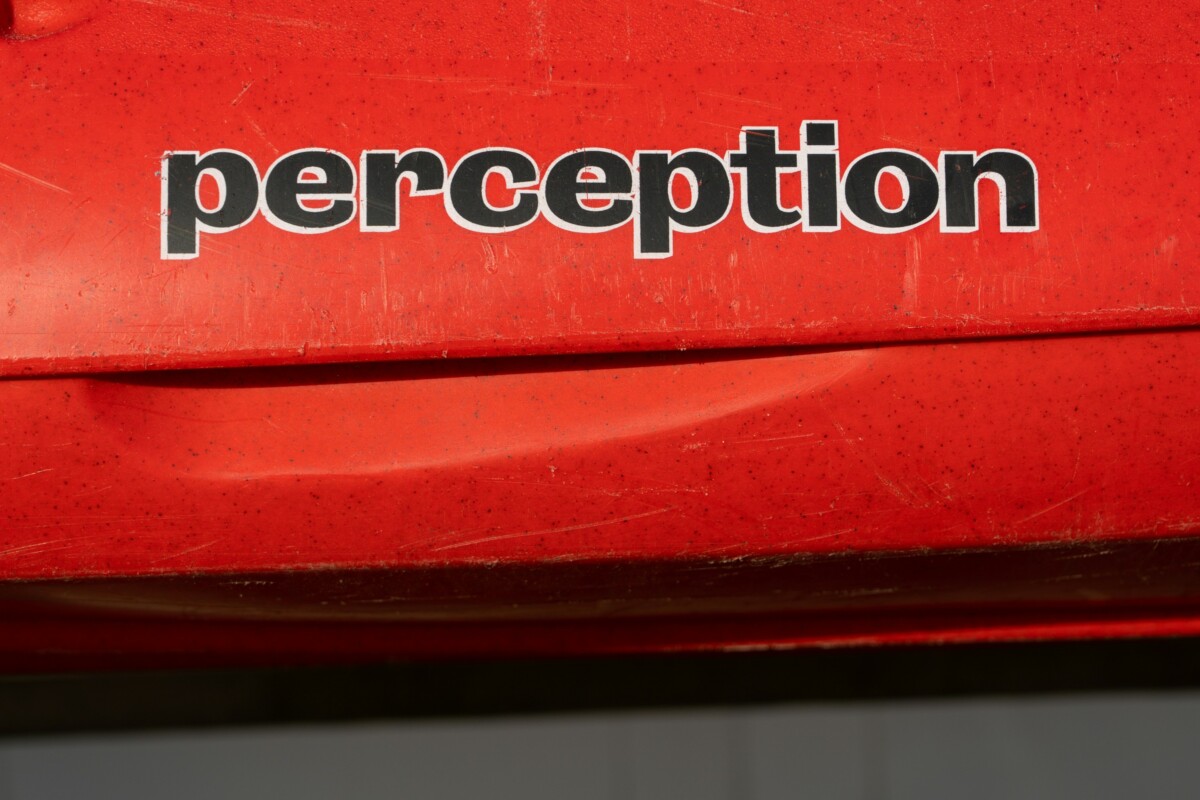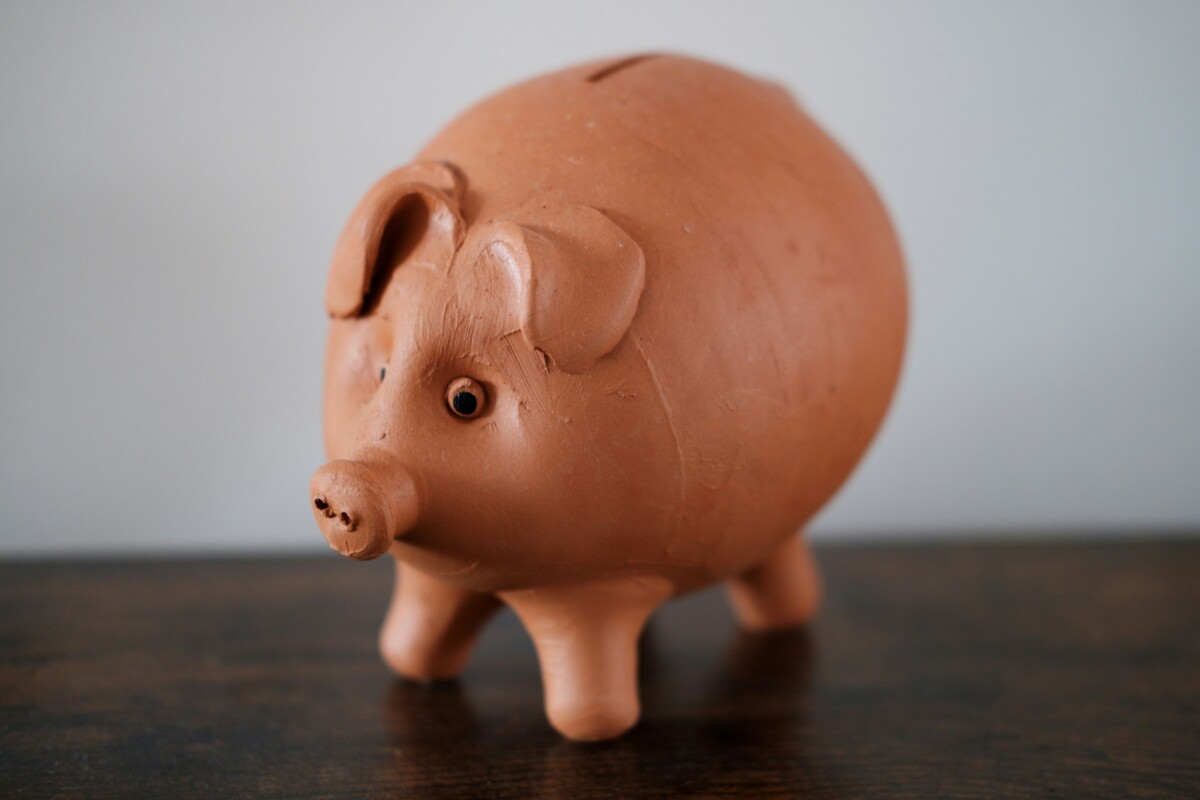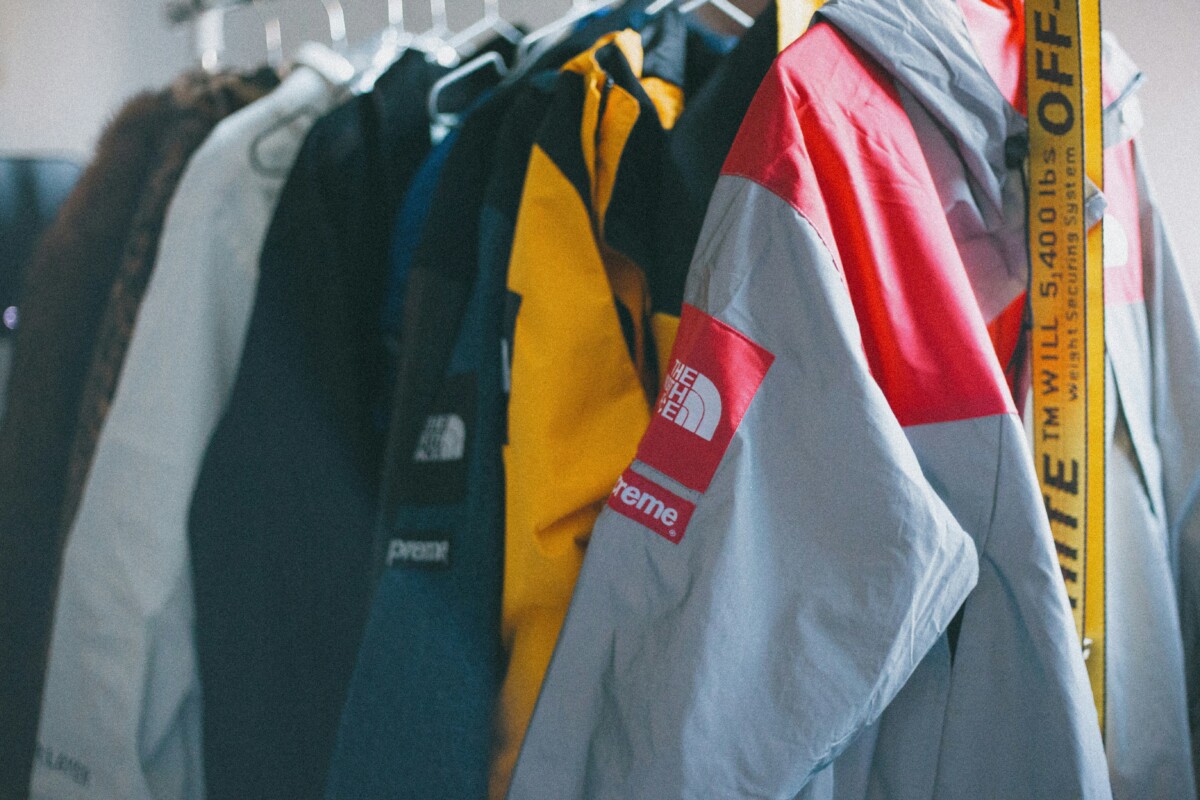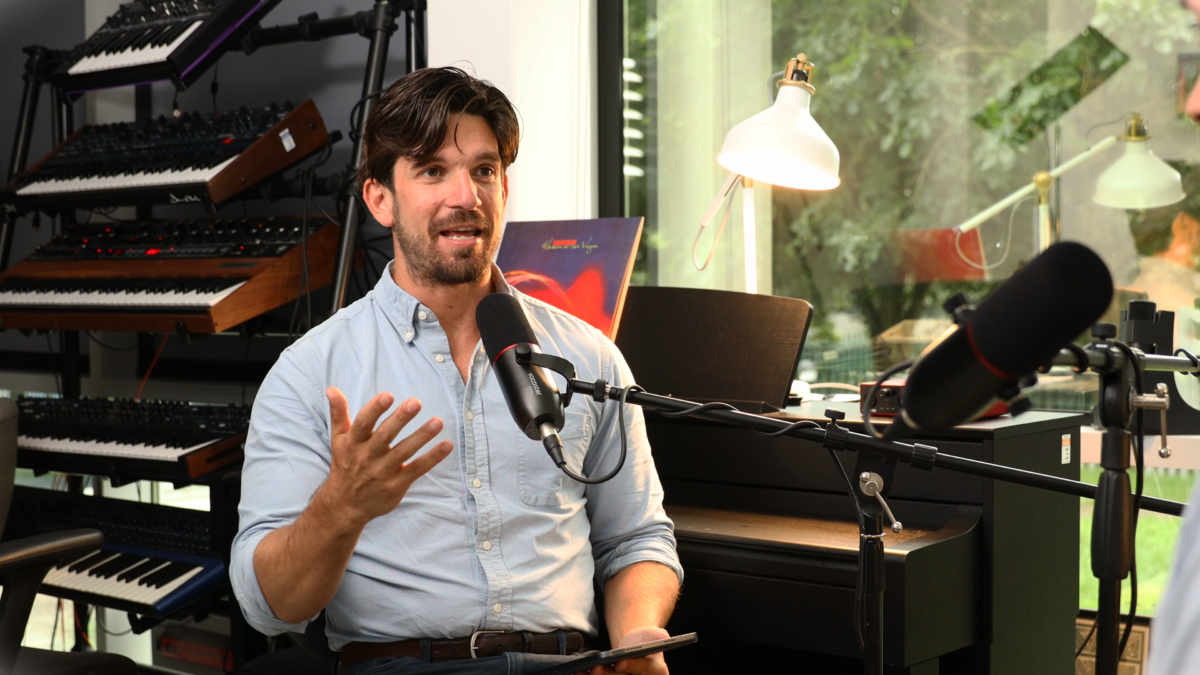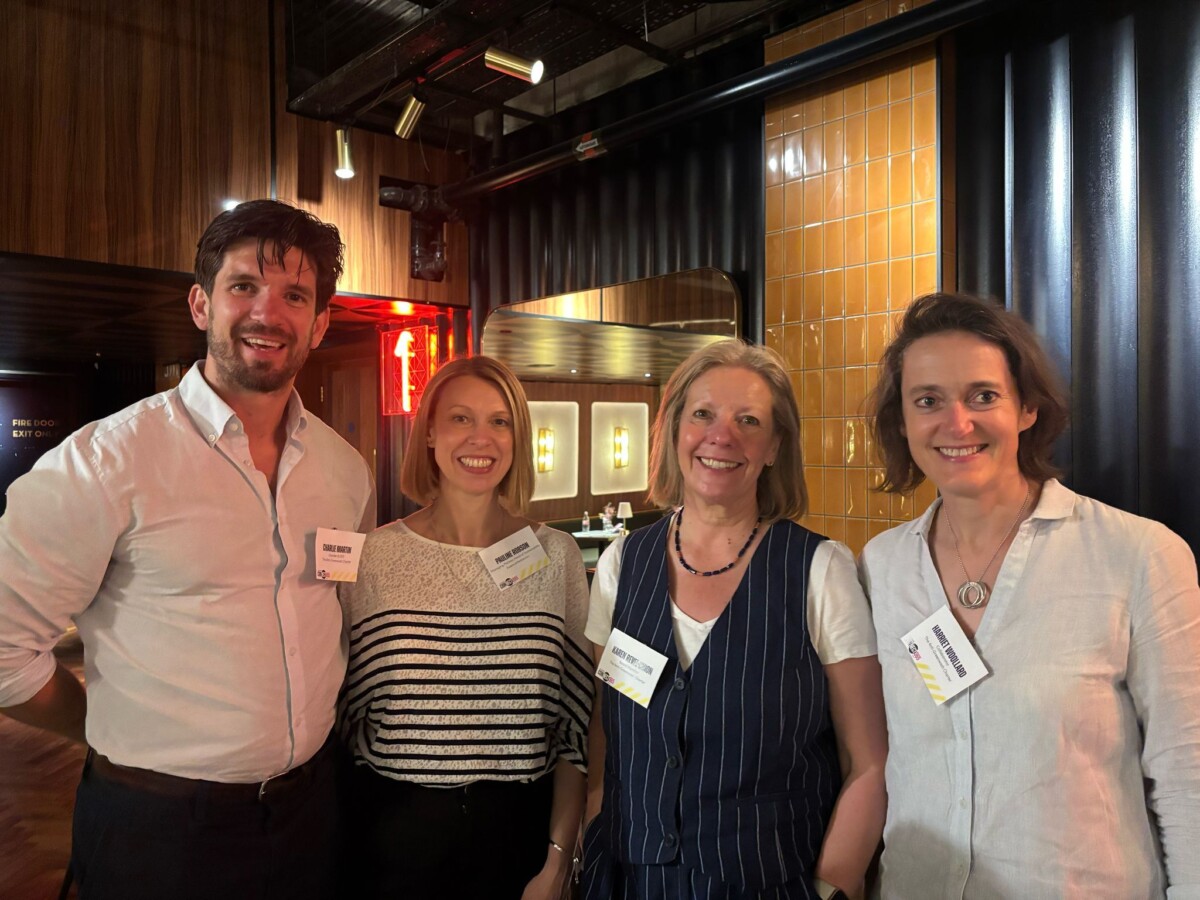What If Sustainability Communication Actually Worked?

What If Sustainability Communication Actually Worked?
How better communication could unlock faster decisions, stronger trust, and real climate progress.
Date: October 2025
Read time: 2 mins
Author: TAGC

Imagine a world where every sustainability claim was clear, honest and easy to understand. No vague promises. No exaggerated headlines. Just straightforward information that people could trust.
In that world, businesses would still set ambitious goals, but they would speak about them openly and with evidence. Consumers would know which brands to believe. Investors would see where to put their money. Governments would have the facts they need to shape policy. And decisions could be made faster, with more confidence.
This future is possible. It starts with changing how we communicate.
“When communication is clear, honest and consistent, everything else moves faster. Good decisions depend on good information,” says Charlie Martin, Founder and CEO of The Anti-Greenwash Charter.
From Confusion to Clarity
Right now, sustainability messages are often confusing. Some sound too good to be true. Others are so cautious that they say nothing at all. The result is uncertainty.
When people do not know what to believe, they delay decisions. They stay silent. They hold back. And that slows down progress.
Now imagine if communication followed a clear, shared standard. Every claim would be backed by evidence. Language would be consistent and easy to follow. Good work would be easier to recognise.
With better communication, trust would grow. And with trust, action becomes possible.
“Greenwash creates distrust. Greenhush creates silence. Neither helps anyone. What we need is confident, credible communication that earns trust and supports action,” says Charlie.
Better Decisions, Quicker Progress
Clear communication does more than build trust. It helps everyone move faster.
If investors had reliable information, they could support companies making real change. If governments could see what businesses were actually doing, they could set better rules. If consumers could understand sustainability claims quickly, they could make better choices.
This kind of clarity would help the best ideas rise faster. It would reduce hesitation. It would reward action over noise.
“Sustainability leaders are often held back by a lack of clarity in the market. We need to shift the culture so that strong communication supports strong action,” says Charlie.
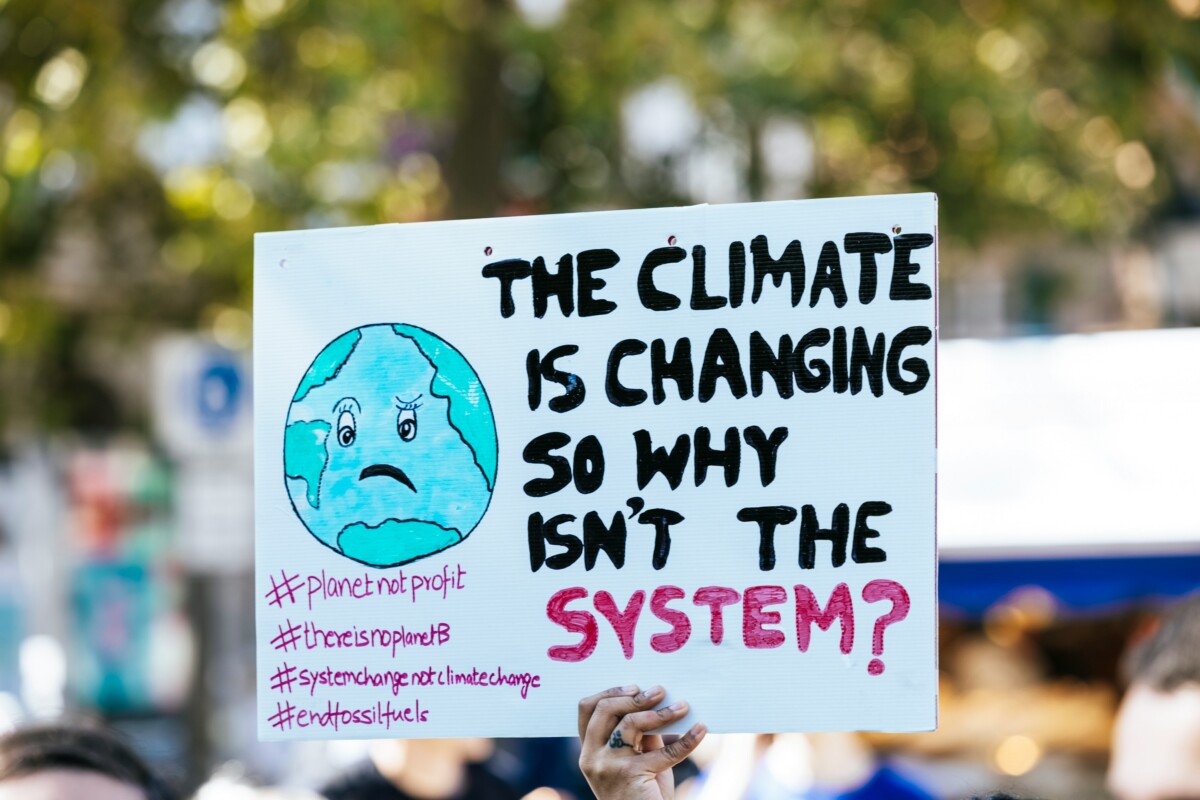
Trust Is the Foundation
We often talk about building new systems to solve the climate crisis. Cleaner energy. Better transport. Greener materials. But we also need to build something else. We need to build trust.
Trust is what allows collaboration. It helps people take risks. It supports long-term thinking. And it creates the space for honest conversations.
When organisations follow a clear communication standard, they show they are serious. They make it easier for others to believe in their progress. And they encourage more open, confident leadership.
A Better Future Starts With Better Comms
This is not just about avoiding greenwash. It is about creating a culture where honesty is valued. Where strong communication supports real action. And where trust becomes the default, not the exception.
The Anti-Greenwash Charter exists to make this future possible. We provide a clear standard for responsible communication. We help organisations speak with confidence, reduce risk and earn lasting trust.
“When we raise the standard of communication, we raise the standard of action. That’s how we create lasting change,” says Charlie.
Because when we use better comms, we create better outcomes. And that is how real change becomes realistic.
Communicate About Sustainability with Confidence
If your organisation wants to protect its reputation, reduce greenwashing risk, and communicate sustainability with confidence, we’d love you to join us.
📢 Become a signatory of The Anti-Greenwash Charter.
Shape the future of responsible communication and show stakeholders what honest, trusted sustainability leadership looks like.
